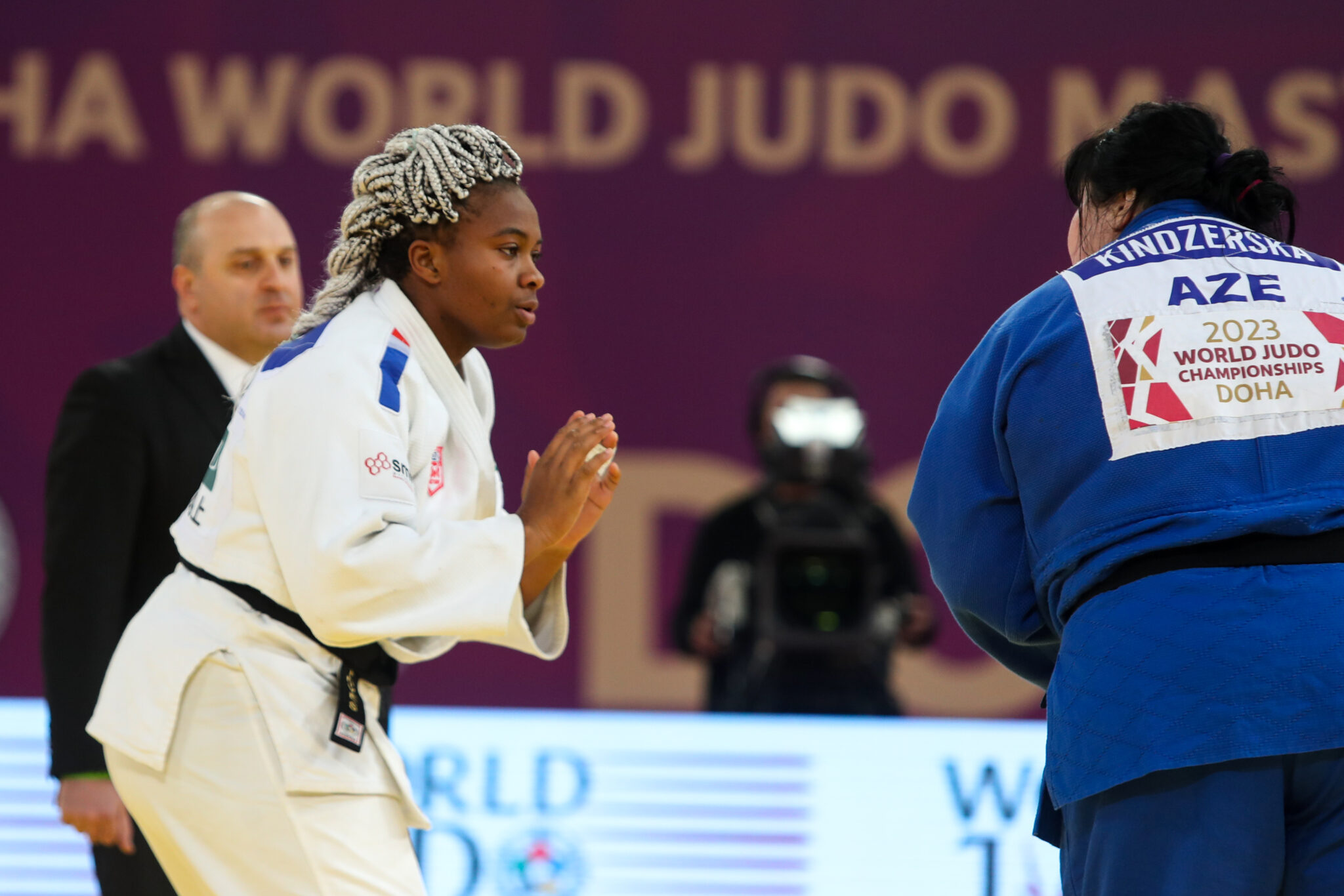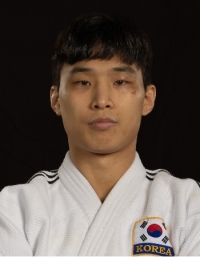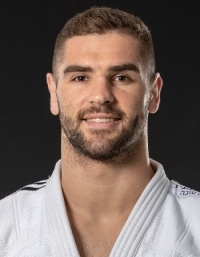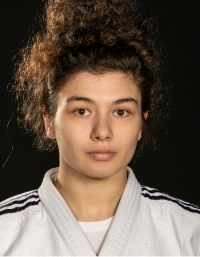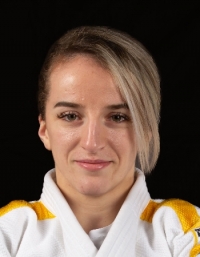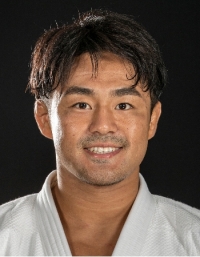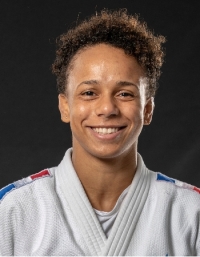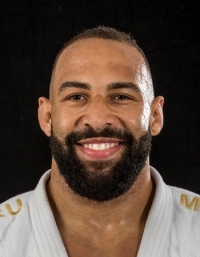The recently concluded IJF Masters in Doha saw the world’s best gather for the first event of the 2021 IJF World Tour. The draw that preceded the action set the stage for what turned out to be a fascinating three days of intense, high-quality judo that was sorely missed in 2020. Indeed, it may be argued that the action actually began with the draw and the knowledge of exactly what the line-up would be; the key factor used to determine this being the seeding of athletes.
By way of a reminder, eight athletes are seeded in accordance with their respective positions on the IJF World Ranking List (IJF WRL). The highest entered athlete takes the number one spot followed by the next highest ranked athlete until all eight seeded positions are filled. The electronic draw first places the seeded athletes in pre-determined positions then randomly draws the remaining athletes until the line-up is complete. This process is repeated for each weight category, male and female.
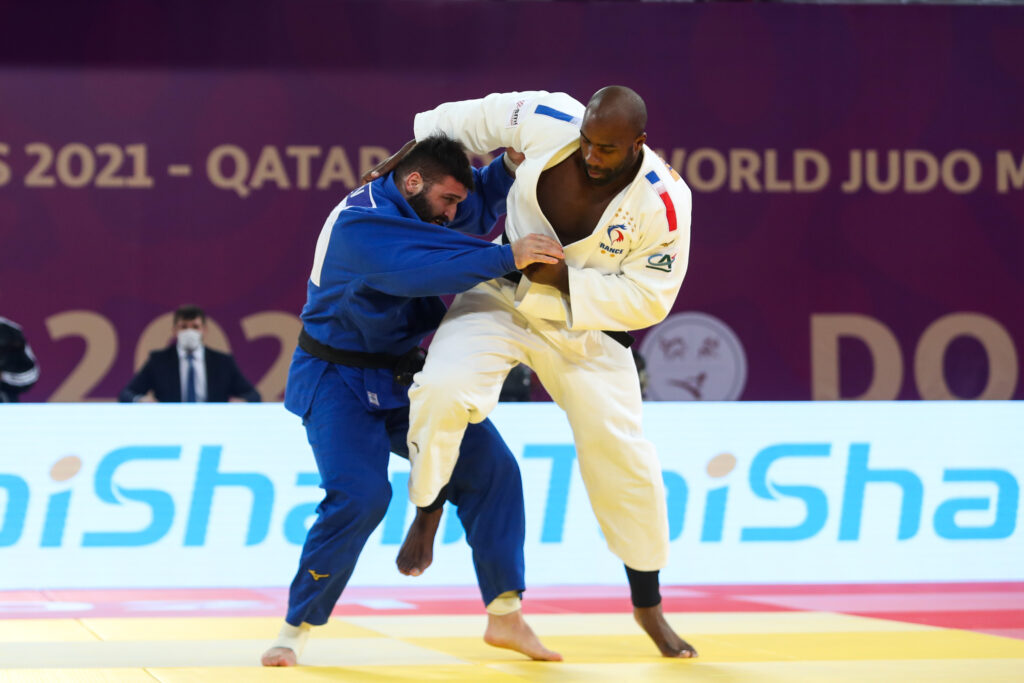
What makes any draw particularly riveting is the prospect of unseeded athletes causing an upset, sometimes even going on to win the event. There can be any number of reasons why an unseeded athlete may not be among the top eight. Take for example the case of double Olympic super-heavyweight champion Teddy RINER (FRA). Having had an extensive lay-off through injury, Riner’s world ranking fell to the point where he was no longer an automatic seed and, in Doha, the draw paired Riner in a first contest against world number four Roy MEYER (NED). Riner went on to win the event. In fact, there were five weight categories that ended up with gold medal winners who had begun the day unseeded. Riner’s countrywoman Romane DICKO (FRA) began the day unseeded and on her way to the gold medal defeated in the second round former Olympic champion Idalys ORTIZ (CUB). The Korean trio of KIM Won Jin -60kg, AN Baul -66kg and AN Changrim -73kg were all unseeded yet stormed to take their respective weight categories. But whilst an unseeded winner is far from unheard of, the number of top seeds taking the top spot (or at the very least ending up on the podium) is understandably far more frequent.
Among the men in Doha none of those seeded number one ended up with a gold medal, whilst among the women four number one seeds went on to win gold, Distria KRASNIQI (KOS), Amandine BUCHARD (FRA), Clarisse AGBEGNENOU (FRA) and Madeleine MALONGA (FRA). As far as medals won by top seeded athletes is concerned the men feared poorly with only a silver, HASHIMOTO Soichi (JPN), and a bronze, Peter Paltchik (ISR) between the seven number ones. Only two of the seven women who began the day seeded number one failed to win a medal, Idalys ORTIZ (CUB) who lost to Dicko the eventual gold medal winner, and Marie Eve GAHIE (FRA) who lost to the eventual silver medallist Madina TAIMAZOVA (RUS).
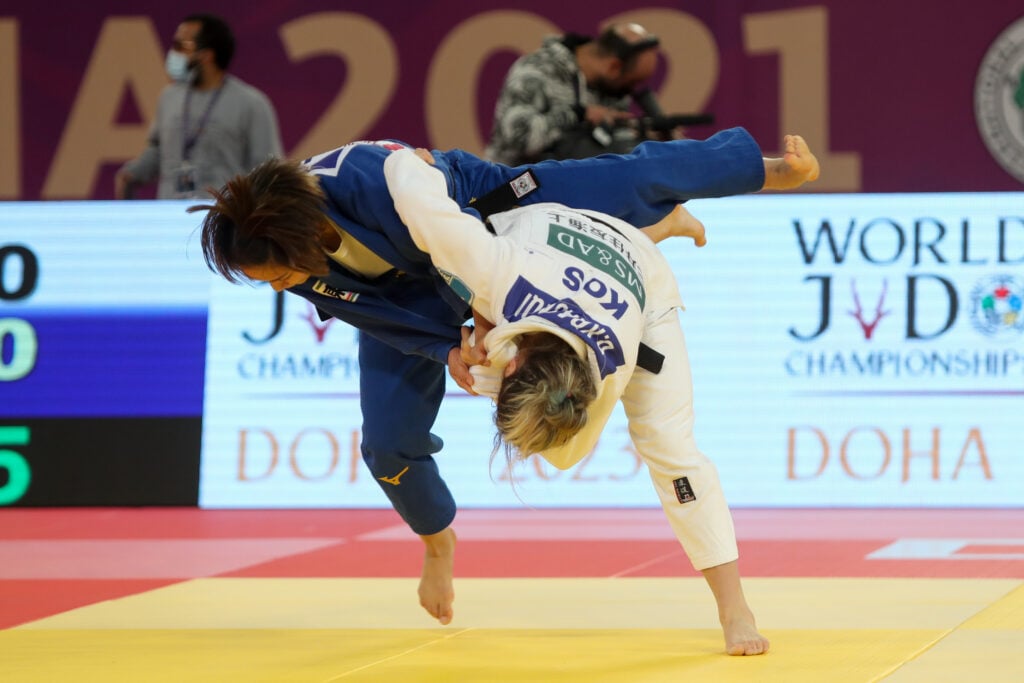
Judoka
Author: Sheldon Franco Rooks



